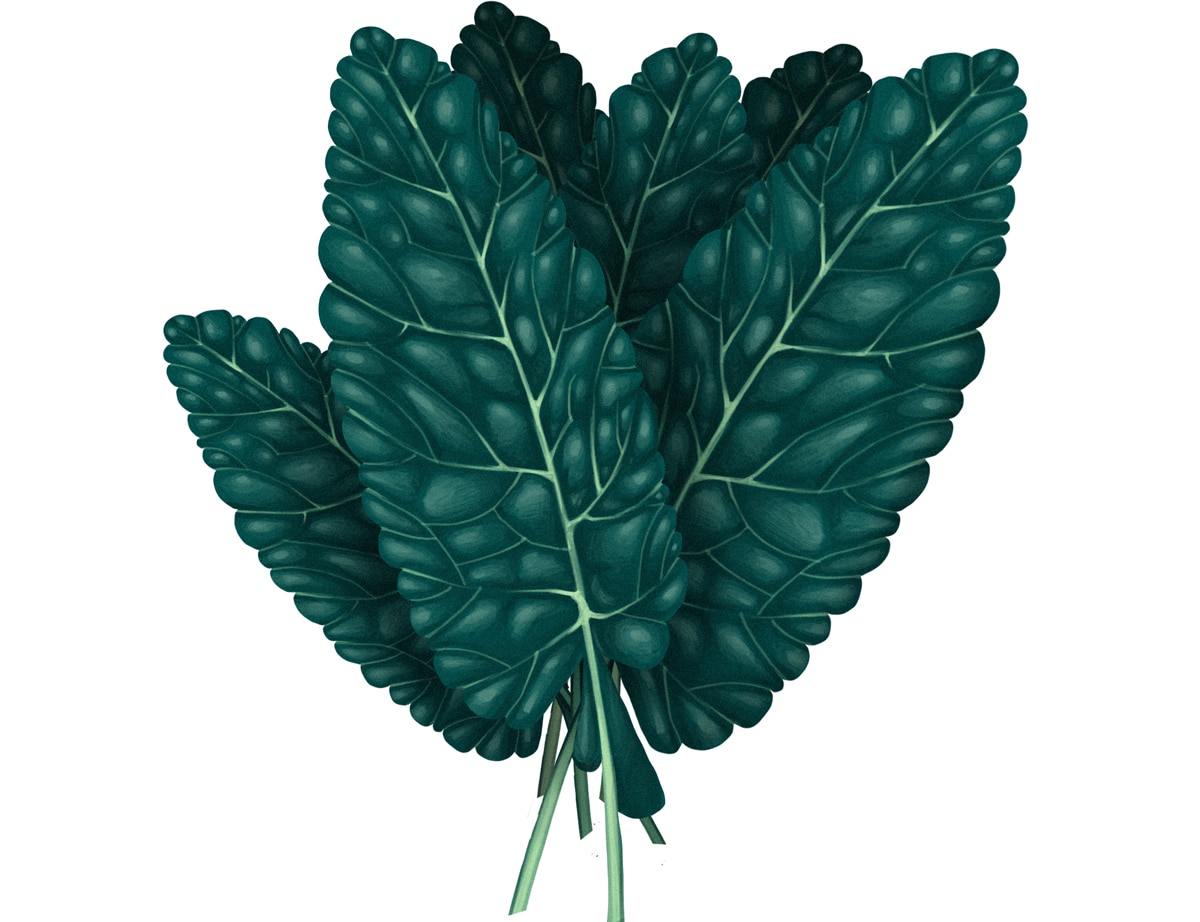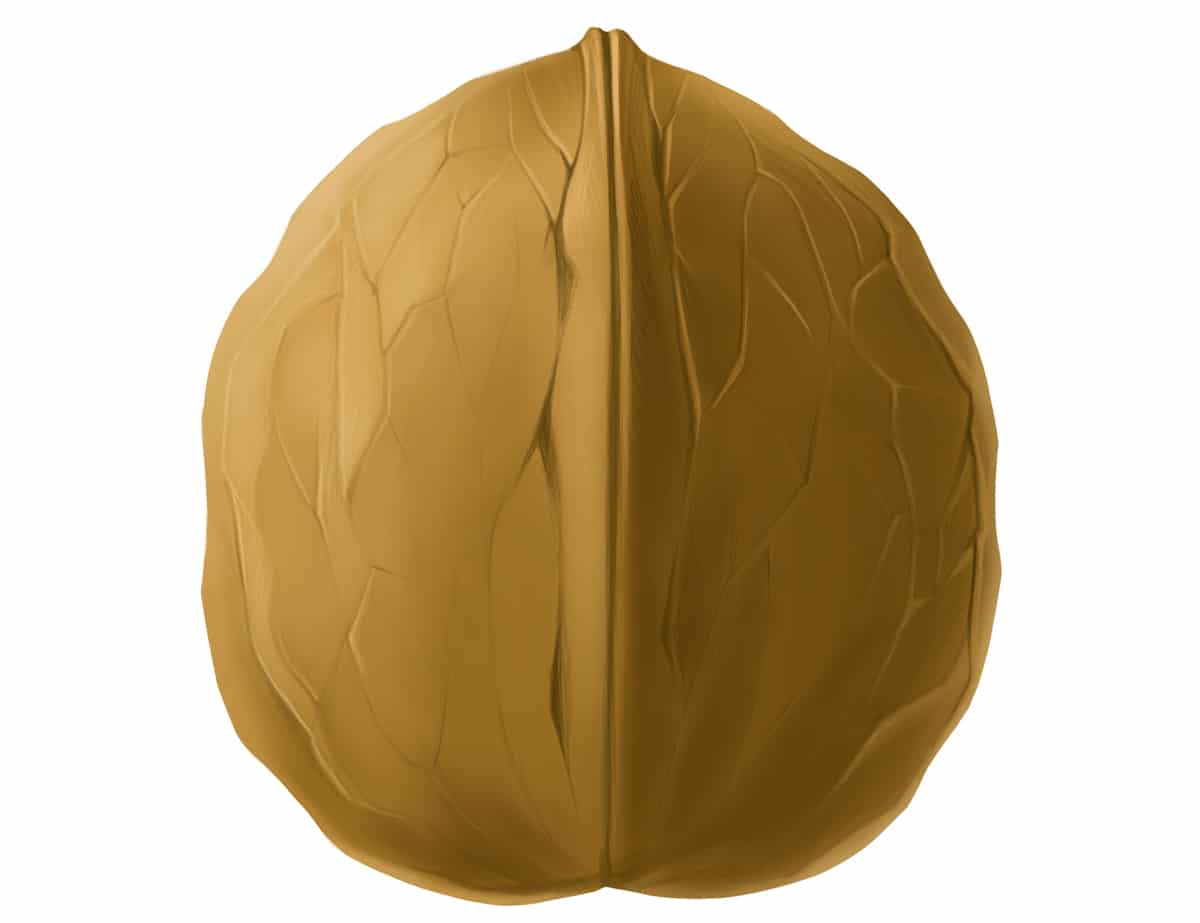It’s not a very pleasant topic, but it’s certainly a common problem: what causes gas and bloating, and how can you get rid of it? This can be especially tough if you’re just starting out with Paleo, wondering why you suddenly feel so much worse than you did before?
Bloating (the feeling of uncomfortable pressure or pain in your stomach, with or without any visible signs), distention (visible changes to your stomach), and excessive gas production are tricky symptoms to pin down, because they can be caused by so many different things. And they can be hard to get treatment for, because a lot of doctors dismiss them as psychological. But here’s a troubleshooting guide to help you pin down a few common culprits:
Vegetables
On the food front, digestive symptoms typically point to a problem with vegetables, not meat. That’s because gas and bloating is closely related to your gut flora. The gut flora always produce at least a little gas, but some triggers can ramp it up to 11:
Suddenly adding vegetables.
If you weren’t a vegetable-eater before, and now you’re suddenly downing piles of broccoli with every meal, your gut needs some time to relax and get into the new, fiber-rich, vegetable-heavy groove. Try lowering your portion sizes a little, and then working up slowly, instead of jumping in with both feet.
A FODMAP intolerance.

FODMAP carbohydrates are some specific types of fiber found in fruits and vegetables. Many people are sensitive to them, and notice that they get really bad bloating and gas issues after eating them. On the other hand, eliminating FODMAPs can help: this study found that after removing poorly tolerated carbohydrates from the diet, 81% of patients with functional bloating had at least some improvement. In this study, patients on a low-FODMAPs diet had a noticeable decrease in gas and flatulence compared to controls on a Mediterranean diet.
You can read more about FODMAPs, including what vegetables contain them, here.
Fructose malabsorption.
Is your bloating specific to fruit? You might be having trouble with fructose. Fructose is a simple carbohydrate found in fruit; some people just can’t digest it, or can only manage it in very small amounts. Try eliminating fruit (except for bananas) for 2 weeks and see if you feel better. If you want to get really technical about it, fructose is also a FODMAP, but it’s worth mentioning on its own, since many people have trouble only with fructose, and not with other FODMAPs.
At the core, all three of these intolerances usually point to a gut flora problem. Either you’re eating a type of fiber that you don’t have enough of the right gut flora to digest, or you’re eating a type that they like too well, so you get overgrowth problems. For example, this study found that flatulence was “associated with instability of the microbial ecosystem:” the gut flora of patients with bad gas actually responded differently to their food, potentially causing the problem.
In a case like this, getting rid of the carbohydrate in question can fix the symptoms, but healing the gut is the way to go in the long run. Probiotic foods (or a well-chosen supplement), plenty of sleep, elimination of gut irritants (which you’ll be accomplishing on Paleo anyway), and other gut-healing protocols can help get you back to the point where you can eat these foods again, without suffering from any symptoms.
Dairy
Another type of carbohydrate that not everyone’s gut flora digest well is lactose, the sugar found in milk and dairy products.
Even if you thought you had no trouble with dairy before starting Paleo, a funny thing often happens when people clean up the rest of their diets. Once the background level of feeling sick and gross is gone, they suddenly notice that dairy actually is causing problems; it was just hidden before by all the other problems.
If you’re always feeling gassy or bloated after eating dairy, try eliminating it for 30 days and see how you feel.
Artificial Sweeteners
This varies depending on the person, but several artificial sweeteners are notorious for causing digestive problems. It’s exactly the same story: carbohydrates that you’re having trouble digesting or absorbing. Common culprits include maltitol, sorbitol, and xylitol. So if you’re trying to have your Paleo cake and eat it too, consider going sweetener-free for a few weeks to see if it helps. Just because it doesn’t have calories doesn’t mean it’s good for you!
Miscellaneous Food Intolerances
Then there’s a bevy of miscellaneous food intolerances: each is rare on its own, but if one sticks out to you, it might be worth a look. Some foods that can often cause bloating or gas if you’re intolerant to them are…

To test these, just do an elimination diet by removing the food for a few weeks and then adding it back in. If it helps, great: you’ve found your culprit. If it doesn’t, you haven’t lost anything.
Stress and Anxiety
It’s not all what you eat! What happens to your brain affects your gut. We’re all familiar with that anxiety-induced feeling of a twisting stomach, but the connection goes well beyond that. Just to name one thing, 95% of your serotonin (an important neurotransmitter responsible for regulating mood) is located in your gut.
Unsurprisingly, this study found that gastrointestinal symptoms are much higher among people with psychiatric disorders (like depression, panic disorder, or agoraphobia). This review considered a “maladaptive stress response” and the immune response to chronic stress as potential factors in developing functional GI symptoms.
What’s more, people who feel bloated often don’t actually have a larger amount of gas in their intestines than anyone else. Instead, they’re hypersensitive to the gas that is there. And guess what sometimes helps? Low-dose antidepressants. This all points to a gut-brain connection.
If you feel great on vacation but notice your symptoms resuming when you get back home, or if you can identify a stressful event as a clear “trigger” for your problems, this may be you. The fix for this is simple, but not easy: reduce or manage your mental stress, and gut health will follow.
Weak abdominal muscles
This study looked at people with IBS and bloating, and found that the muscles in their abdomens actually responded differently to meals than the muscles of healthy controls.
This study found that patients suffering from “visible abdominal bloating” were much more likely to have weak abdominal muscles than healthy controls. It’s not hard to see how these two factors might be related – abdominal muscles are important for digestion, and if they’re weak, they could have an over-sensitive distention response to even small amounts of food.
This suggests that doing ab-strengthening exercises like planks or full-body compound lifts might help patients with bloating, but so far nobody’s done a study on this so it’s hard to be sure. On the other hand, though, it can’t really hurt: at worst, you’ll only get nicer abs. It’s worth a try!
Summing it Up
Bloating and gas have so many potential causes that it’s hard to say precisely what the problem is. You might have to try a few different interventions before you find the one that works – it does take patience and time.
Don’t try eliminating everything at once; you’ll never pin down the cause that way. Instead, look for something that sounds a little too familiar (if you’re thinking “none of this applies to me!” then stress is a good place to start: a lot of us are in stress denial and gut health is the wake-up call). Try it, give it a chance to work, and see how you feel.
If it’s really bad, you might also want to go to a doctor; a sympathetic GI specialist can really help. Don’t give up, though: somewhere out there, there’s a way for you to eat well, without pain, gas, or feeling like you’re pregnant after every meal!





Leave a Reply